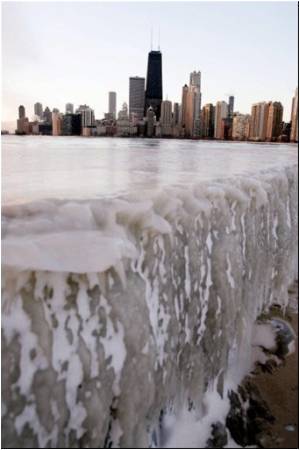
Lehner said for many years, the folklore among physicists was that gravity could not be turbulent, adding that the belief was that gravity is described by a set of equations that are sufficiently different from fluid dynamics equations, such that there would not be turbulence under any circumstances.
Lehner highlights the emerging paradox: "Either there was a problem with the duality and gravity really can't be fully captured by a fluid description, or there was a new phenomenon in gravity and turbulent gravity really can exist."
A team of researchers - Lehner, Huan Yang (Perimeter and the Institute for Quantum Computing), and Aaron Zimmerman (Canadian Institute for Theoretical Astrophysics) - set out to find out which.
The team decided to study fast-spinning black holes, because a fluid-dynamics description of such holes hints that the spacetime around them is less viscous than the spacetime around other kinds of black holes. Low viscosity increases the chance of turbulence - think of the way water is more swirly than molasses.
The team also decided to study non-linear perturbations of the black holes. Gravitational systems are rarely analyzed at this level of detail, as the equations are fiendishly complex. But, knowing that turbulence is fundamentally non-linear, the team decided a non-linear perturbation analysis was exactly what was called for.
Advertisement
Source-ANI









